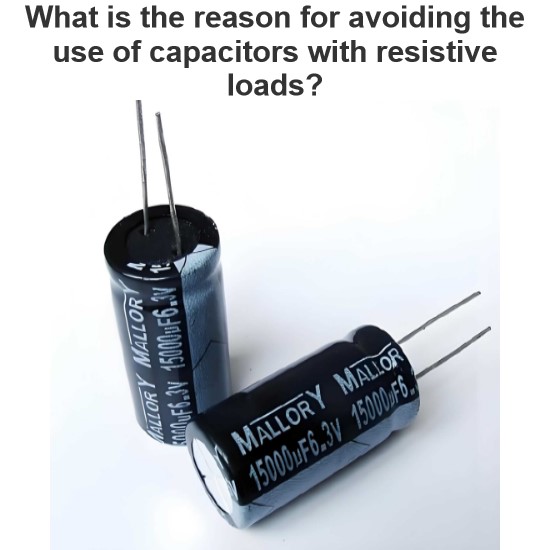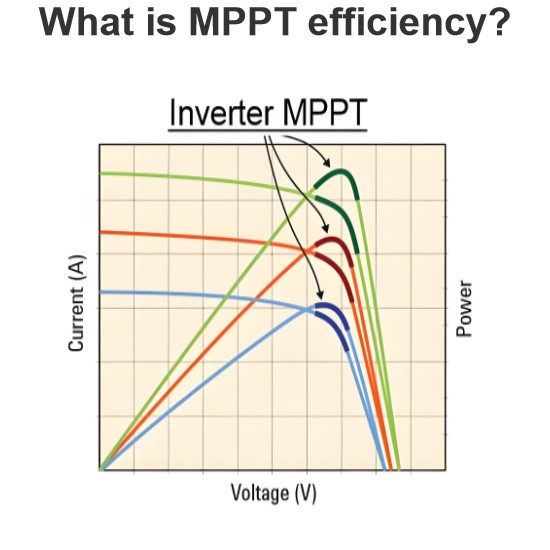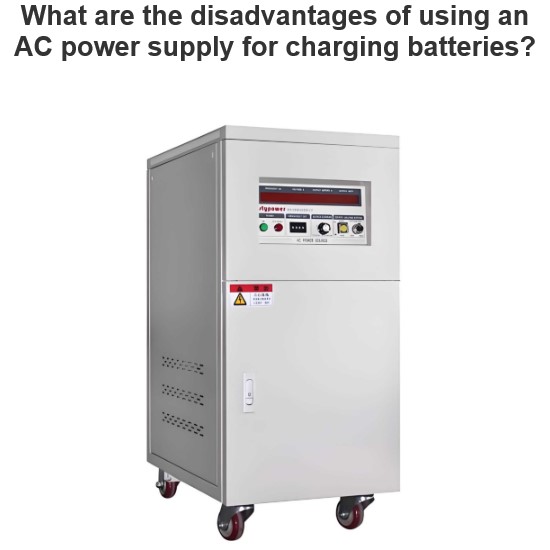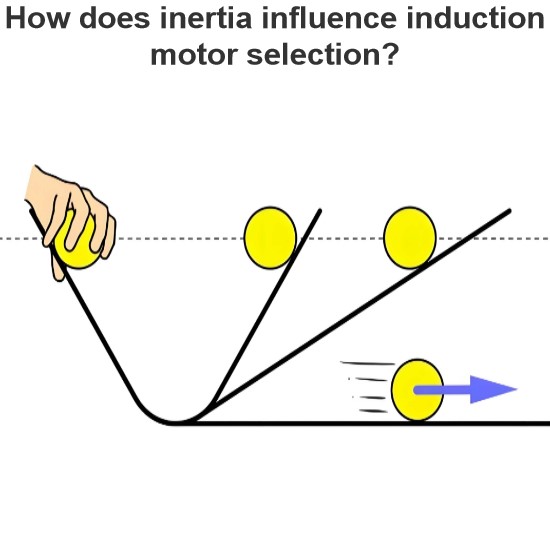How do capacitors affect resistors, voltage, and current?
The impact of capacitors on resistance, voltage, and current
The effect of capacitors on current
The impact of capacitors on current in a circuit is mainly reflected in the following aspects:
Current Regulation: By changing the capacitance value, the flow of current can be controlled. Increasing the capacitance value makes it easier for current to pass through the capacitor; decreasing the capacitance value increases the difficulty for current to pass through the capacitor.
Response Speed: Switching capacitors can achieve a fast current response, which is crucial for applications requiring rapid current switching.
Filtering Function: By adjusting the capacitance value, it is possible to filter out noise and stray waves in the circuit, ensuring the normal operation of electronic devices.
The impact of capacitors on voltage
The impact of a capacitor on voltage is mainly reflected in its charging and discharging process:
Charging Process:When a capacitor is connected to a power source, it begins to absorb charge. As the charge enters the capacitor, the voltage across the capacitor gradually increases until it reaches the power source voltage.
Discharge Process: When the capacitor voltage is less than a certain value, the capacitor begins to discharge, releasing the stored energy.
Voltage Stability: Capacitors can stabilize voltage, especially at high frequencies. They respond relatively slowly to changes in voltage, helping to maintain the stability of the circuit.
The effect of capacitors on resistance
It is important to note that capacitors themselves do not directly "affect" resistance, but their role in a circuit can indirectly influence the overall impedance of the circuit (impedance is a concept in AC circuits that includes resistance and reactance):
Capacitive Reactance: A capacitor impedes alternating current, and this impedance is called capacitive reactance. Capacitive reactance is related to the capacitance value and frequency; the higher the frequency, the smaller the capacitive reactance.
Circuit Impedance: In an AC circuit, the presence of a capacitor affects the total impedance of the circuit. Total impedance is the combined result of resistance, inductive reactance, and capacitive reactance.
In summary, capacitors affect voltage through their charging and discharging process and influence current by changing their capacitance value. At the same time, although capacitors do not directly change resistance, they affect the impedance of the circuit by providing capacitive reactance in AC circuits.
The Electricity Encyclopedia is dedicated to accelerating the dissemination and application of electricity knowledge and adding impetus to the development and innovation of the electricity industry.




